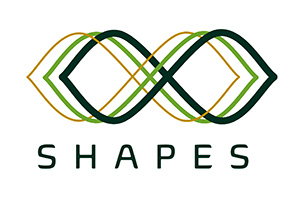
by Edel O'Sullivan, | Apr 29, 2022 | News Release, Press
SHAPES intends to build, pilot and deploy a large-scale, EU-standardised open platform for solutions that facilitate long-term healthy and active ageing. A Co-Creation Think Tank for European integrated care has been established and Anita Hogg is representing MOIC on the group.
Think Tank goal: To contribute to the development and implementation of more high quality integrated care services in Europe; we envisage a participatory process addressing open issues obstructing the widespread use of person-centred technology in integrated care pathways.
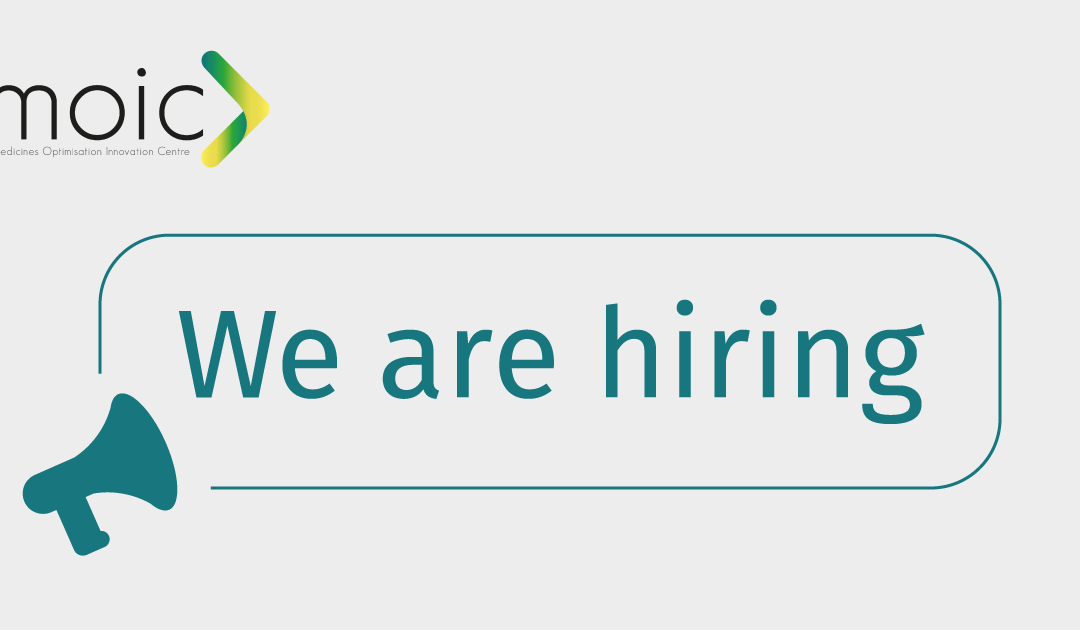
by Edel O'Sullivan, | Apr 7, 2022 | News Release, Press
MOIC are currently recruiting a new Programme manager. The post is a temporary Band 8A job. The postholder will be an active
member of the core MOIC team and will contribute to the overall functioning of the Centre and assist in the delivery of all activities. In addition, they will be responsible for the project management of a portfolio of Medicines Optimisation related projects.
Full details care be found on HSC Recruit here.
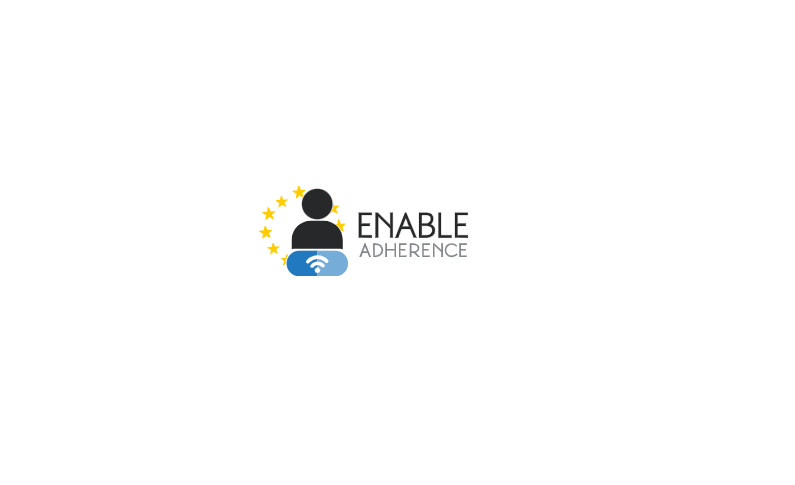
by Edel O'Sullivan, | Apr 1, 2022 | News Release, Press
MOIC has joined the Enable Adherence COST Action network.
Mike Scott and Anita Hogg will participate in this multidisciplinary network of over 100 researchers from 39 partner countries across Europe. This is an opportunity to contribute and learn more from the stakeholders on this group and ultimately look at ways to improve medication adherence.
The COST Action “European Network to Advance Best practices & technology on medication adherence” (ENABLE) aims to create a multidisciplinary network of relevant stakeholders that work collaboratively towards economically viable implementation of medication adherence enhancing technologies across different European healthcare systems.
Due to an ageing society, there is a steady increase in chronic diseases and multi-morbidity in Europe. This requires a multidisciplinary response, which often involves lifestyle changes combined with lifetime medication use.
MOIC is uniquely placed to contribute to the ENABLE Adherence COST Action. In addition to having an established network of partners across healthcare, academia, industry and community/voluntary sectors, MOIC has expertise in person-centred, multidisciplinary and collaborative approaches to innovation in safe and effective medicines use.
MOIC has experience of looking at the role of digital enablement of all aspects of medicines optimisation and how such technology can bring added benefits to our citizens. WE have a holistic understanding of the barriers and facilitators of medicines adherence for patients/carers, healthcare professionals, organisations and policy makers, current solutions and the need to drive person-centred innovation in clinical and technological approaches to adherence.
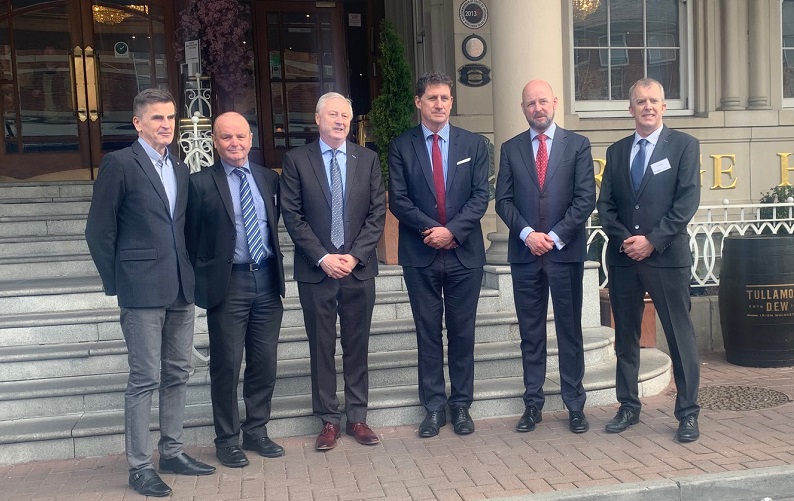
by Edel O'Sullivan, | Mar 25, 2022 | News Release, Press
The Medicines Optimisation Innovation Centre (MOIC) is delighted to have signed a Memorandum of Understanding (MOU) with Health Service Executive (HSE) Digital Transformation and Innovation.
The MOU was officially signed and announced at an event on 25th March 2022 at the HSE National Digital Health Innovation Lab in the Midlands Regional Hospital in Tullamore.
At the event leading digital health entrepreneurs, corporate leaders, clinicians, patients, academics and others met to discuss the Digital Health Strategy and Action Plan for the HSE. The aim of the Action plan is to combine the intellect, assets and energy of digital health leaders and organisations in the Republic of Ireland, Northern Ireland and beyond to enable digital improvement. MOIC is one of the organisations involved in this project.
Speaking via video at the event, Health Minister Robin Swann said:
“This MOU will build on existing collaborations that MOIC has built throughout Europe in delivering one of its key objectives to share learning. This collaboration will enable joint working and will look at innovative ways in which technology can be used to enhance healthcare within our region. The MOU also offers the opportunity to explore the potential benefits of research and co-innovating digital health solutions, while also building a culture of partnership and collaboration within the health service of Northern Ireland, the Republic of Ireland as well as the private sector and that is to be welcomed.”
Professor Mike Scott Director of MOIC added:
“It is really great to sign this MOU today with HSE Digital Innovation as it chimes perfectly with key MOIC aims of collaboration and innovation and will enable us to work more closely in terms of research service development and funding opportunities in the whole area of digital enablement.”
The MOU with MOIC and HSE Digital Transformation and Innovation will facilitate researching digital solutions that are aligned with both the HSE Digital Transformation Strategy of ‘Stay Left, Shift Left’ and the HSC Digital Innovation Strategy.
The new digital health innovation lab established in Tullamore offers significant opportunity to enable joint working with MOIC and the HSE particularly as Northern Trust has a digital health innovation test bed in Antrim Area Hospital, thereby creating an attractive infrastructure for industry.
A digital health innovation lab provides tech infrastructure for testing new devices and technology products to check if they work within healthcare settings and this MOU will enable products and devices to be tested in both Northern Ireland and Republic of Ireland.
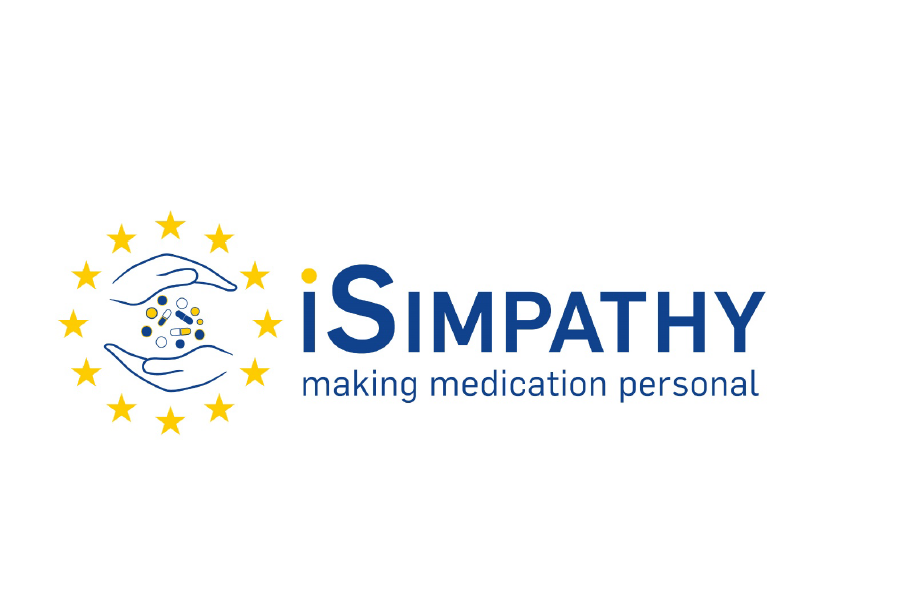
by Edel O'Sullivan, | Feb 10, 2022 | News Release, Press
This week MOIC hosted an Project ECHO and took part in engaging discussions regarding iSIMPATHY.
This was a great opportunity for shared learning across the jurisdictions and you can view in full below.
ECHO in Action – MOIC from ECHO HSCB Hub NI on Vimeo.
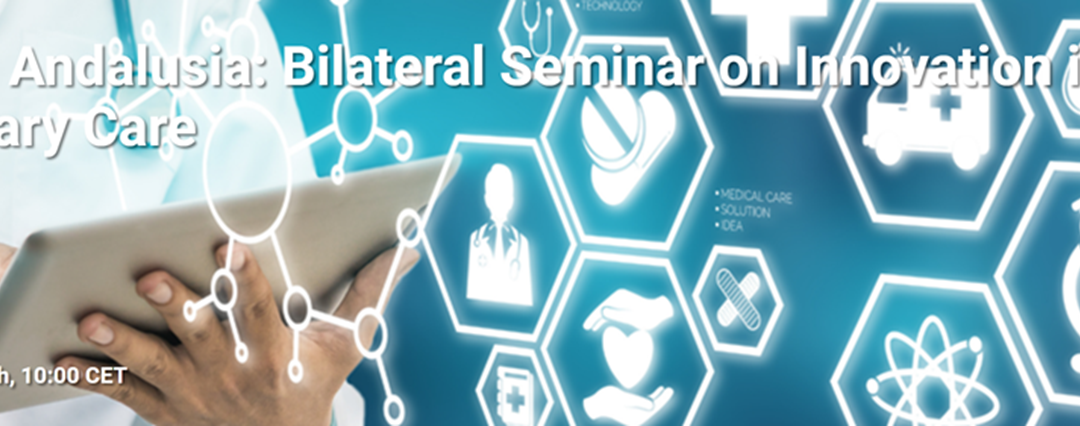
by Edel O'Sullivan, | Jan 12, 2022 | Events, News Release, Press
Prof. Michael Scott, presented about Northern Ireland’s Integrated Care system during this event on January 18th.
This seminar was another bilateral initiative developed by the British Embassy and the autonomous regions to share best practice and experiences between the UK and Spain. This time the spotlight was on Andalusia.
The event built on the success of other events that have focused on healthy ageing, hospitals of the future and innovation in healthcare, and aims to identify mutual business opportunities and strengthening our bilateral relationship. Professor Scott discussed the challenges they have faced and the measures they have adopted to provide Integrated Care in Northern Ireland.
Overall it was a successful event, with 80+ participants from across UK & Andalusia. MOIC created good connections from across Europe.






